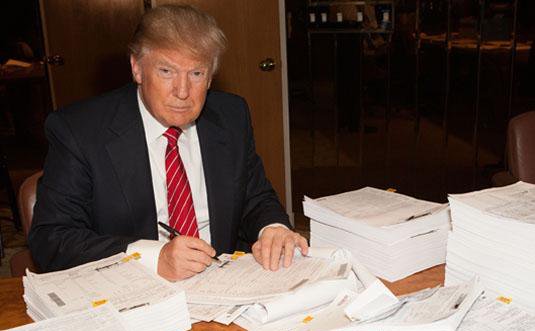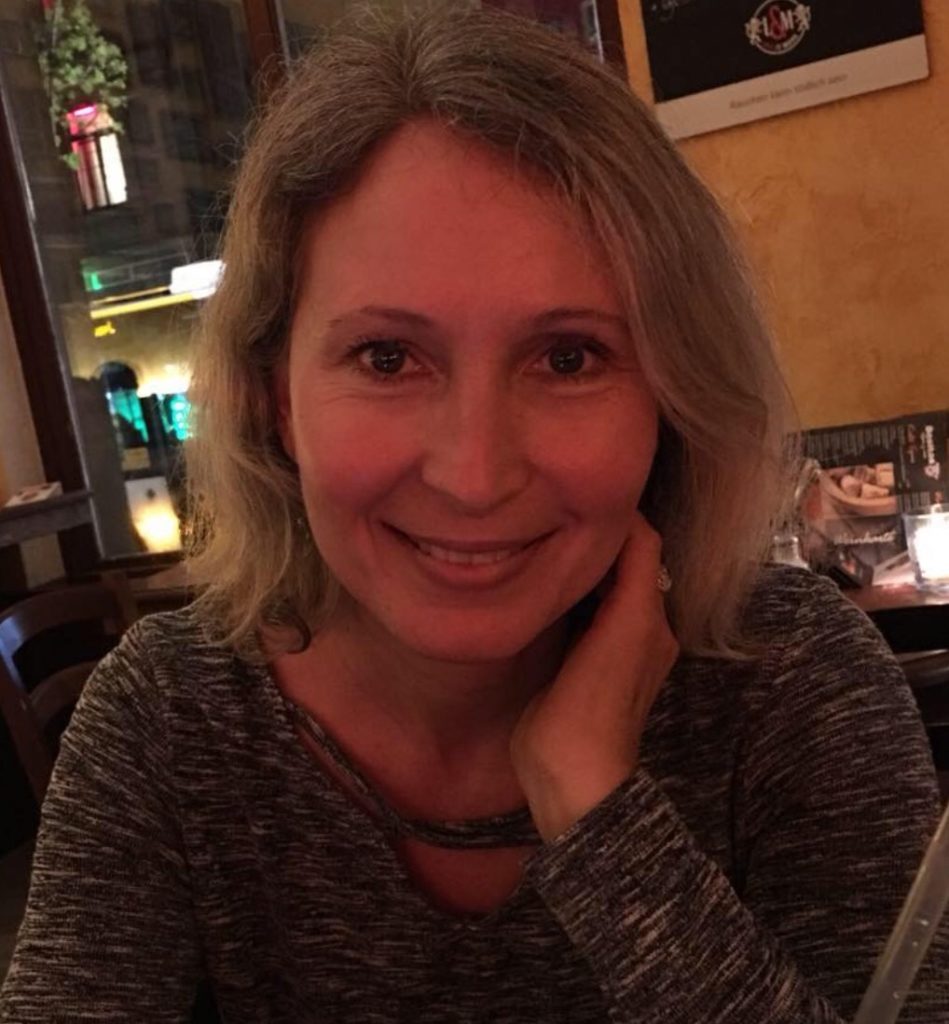The real story behind Donald Trump’s phony Baku hotel

Donald Trump has apparently discovered the joys of online translation apps and has posted what is probably the first tweet by an American president in the Persian language. Using the hashtag #40YearsofFailure, Trump denounced the corruption and cruelty of the Iranian regime that has brought suffering and misery to its people and has been instrumental in spreading terror around the globe. Throughout his candidacy and also his presidency, Trump has always been a vocal critic of the mullahs, opting for confrontation rather than cooperation when he unilaterally declared the Iran Nuclear Deal null and void. But is Trump, the businessman, as much of an anti-Iranian purist as Trump, the president?
A rather disturbing answer to that question may lie on the shores of the Caspian Sea, in the city of Baku, Azerbaijan. It’s a rather complicated and multi-layered story. The first layer is that in 2012, team Trump officially joined a project to build and develop what was meant to become the Trump International Hotel & Tower in a not-yet-developed part of Baku; a project that has all the markings of a money laundering operation.
The Trump Organization’s partners on the Azerbaijani side were members of the Mammadov family – the family of a wealthy and powerful oligarch who was characterized by a U.S. diplomat as notoriously corrupt, even for Azerbaijan. Azerbaijan, in turn, is generally rated as one of the most corrupt nations in the world.
An article in The New Yorker’s March 13, 2017 issue, entitled “Donald Trump’s Worst Deal”, carefully lays out facts that strongly suggest an involvement of the Trump family business in an operation that appears to be rife with corruption, bribery and money laundering. There are reports of large amounts of cash money changing hands on the site of the tower building, and team Trump has apparently failed to do its due diligence regarding the origin of the funds that went into the project. It seems very possible that the Trump Organization has violated the Foreign Corrupt Practices Act of 1977 which places a high degree of liability on U.S. businesses being active in foreign countries.
Given the information about the Mammadovs that is freely available to anyone who wants to take a closer look at this Azerbaijani family, one would have to be willfully blind to assume that doing business with any family member might be a good idea. That is, unless you’re looking for a business partner who is happy to accept your dirty money and launder it for you – perhaps because your country is subject to international sanctions. This is what takes us to the second layer of the story.
The Mammadovs were not only doing business with the Trump Organization – they had other partners as well. In mid-2015, representatives of the Trump family business were informed by the U.S. State Department about the possibility of ties between their Azerbaijani partners and the Iranian Revolutionary Guard Corps. Regardless of this information, the Trump Organization stayed on the Baku project for about another 18 months before severing ties in December 2016, shortly after the election.
It is hard to imagine that the Special Counsel currently investigating Trump’s many foreign entanglements is unaware of the questions raised by the Trump Organization’s involvement in the Baku project. Perhaps Robert Mueller is saving the best for last in his thorough effort to end a presidency that should never have happened.

